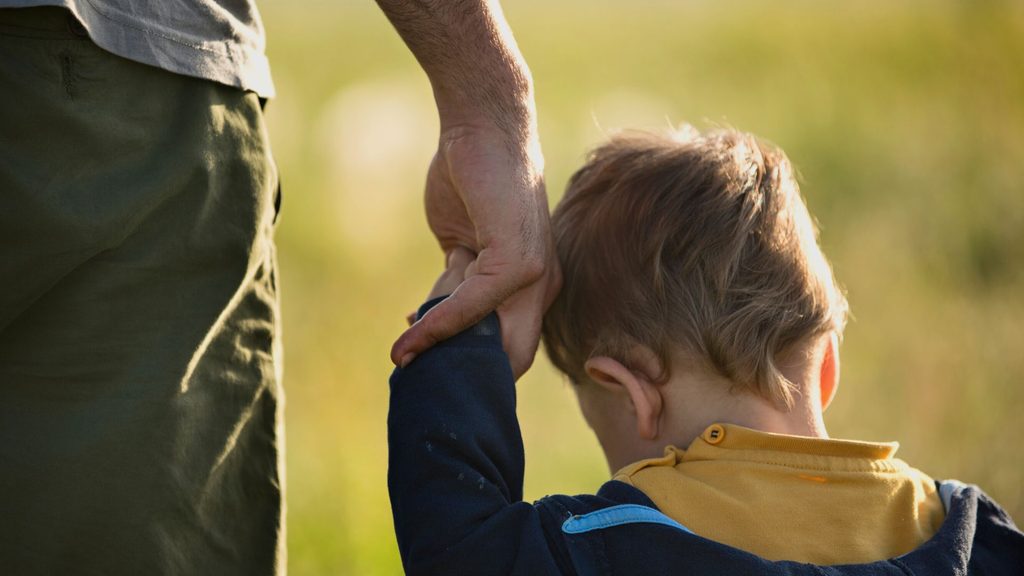A new book entitled 'Le Secret' aims to explain the delicate issues of sexual violence, incest and harassment to children and empower them to speak up.
The book's title alludes to offenders often telling children to keep the abuse to themselves, but Namur-based association Femmes de Droit hopes that it will do just the opposite and spark conversation among adults and children alike.
Miriam Ben Jattou, Director of Femmes de Droit, told The Brussels Times that the book wants to provide children with a reference point to "more easily identify uncomfortable situations that can become violent or are already violent."
"These tools are essential for children," she says, "especially when the adults around them do not teach them to listen to and trust each other."
Incest as a 'major public health issue'
According to the World Health Organisation, around 24% of girls and 11% of boys under 18 experience sexual violence. In the overwhelming majority of cases, the abuse occurs in the family sphere.
"It is therefore a widespread scourge and a major public health issue, especially because victims of incest can lose up to 20 years of life expectancy because of the psycho-traumatic consequences of incest. They are more at risk of developing depression, cancer, autoimmune diseases and other life-threatening conditions."
Several volunteers of the Femmes de Droit association are victims of incest and domestic sexual violence. Ben Jattou says that they therefore know better than anyone that secrecy is one of the weapons most used by abusers to force children into silence.
"The fight against incest is one of [our] main missions. It is within this context that the book 'Le Secret' was created."
Related News
- Coach accused of raping teenagers risks five-year jail term
- Flemish teenagers report increased unwanted sexual behaviour
Ben Jattou says the book's objective is to enable children to differentiate between 'true' and 'false' secrets and encourage children to talk to trusted adults about these 'false' secrets.
"Children are vulnerable," she concludes. "The adults in the child's life must protect and care for them, but also give them the tools to identify uncomfortable situations before they become downright violent. That is what we hope to do with this book."

